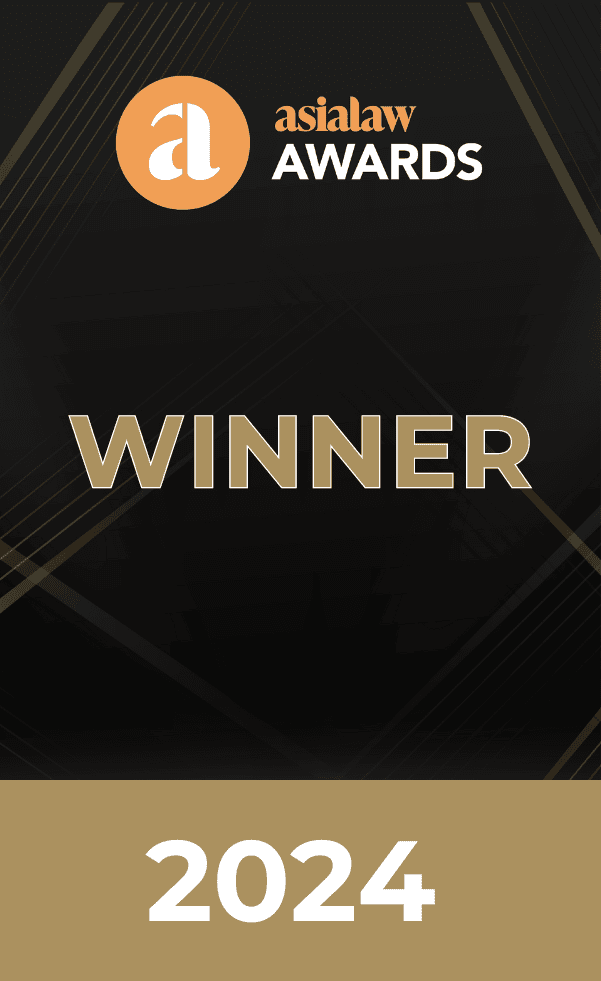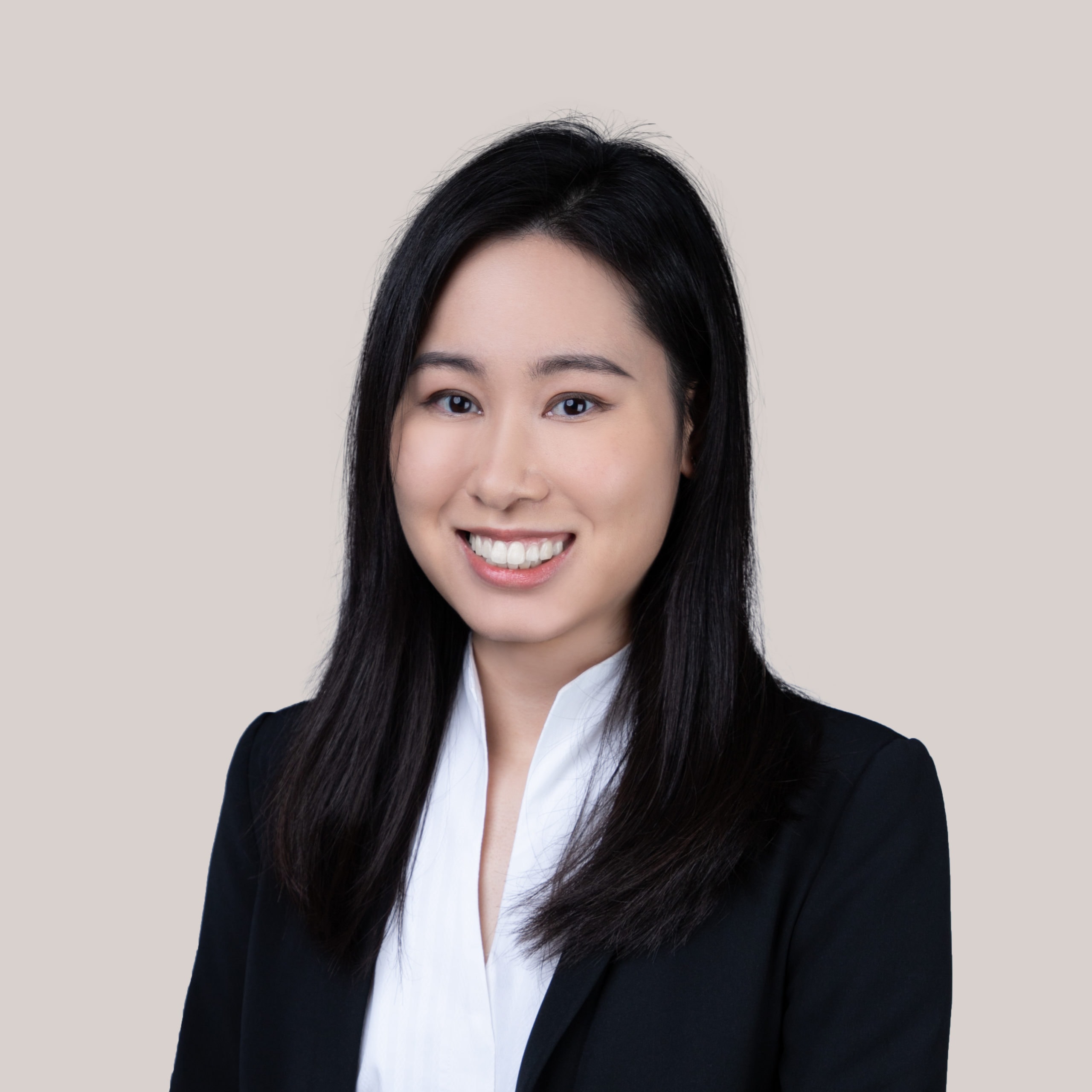Parental Rights of Same Sex Couples
12 Oct 2023
The Hong Kong Court of First Instance has recently held in the landmark case of NF v R [2023] HKCFI 2233 that a genetic mother to a child that was born to a lesbian couple, is a “parent at common law”, which is a significant step towards the recognition of the parental rights of same sex couples.
Facts
A lesbian couple, B and R, met in Hong Kong and married in South Africa in 2019. B and R subsequently underwent a procedure in South Africa known as reciprocal in vitro fertilization (“RIVF”) or reception of oocytes from partner (“ROPA”), in which an egg was extracted from R and fertilised with sperms from an anonymous male donor to create an embryo. The embryo was then transferred to B’s uterus. The child K, was then born in Hong Kong by B.
After K’s birth, B and R attempted to register themselves as K’s parents. However, only B was included as K’s mother on his birth certificate, with K’s father was marked only with asterisks.
The Honourable Madam Justice Au-Yeung observed that B, R and K have lived together as a family, and that K was loved, cared for and financially provided for by B and R. This observation was consistent with the findings in the International Social Investigation Report prepared in South Africa where the family was residing.
B, as K’s next friend in law, applied for a declaration that R was K’s parent under section 6 of the Parent and Child Ordinance (Cap. 429) (“PCO”).
Issue
Whether R should be declared K’s parent pursuant to section 6 of the PCO
Parties’ submissions
B argued that she was not seeking for R to be declared a second “mother” or a “father.” Instead, she was seeking for R to be declared a parent. B relied on the “always speaking” principle of statutory construction, in that societal and scientific change should be accommodated and a child‑focused and rights-based approach should be adopted in the interpretation of section 6 of the PCO. In doing so, B emphasised the right to equal protection of the law without any discrimination on the ground of birth (Article 22 of the Hong Kong Bill of Rights (“BOR”)) and to entitlement to protection as a minor without any discrimination on the ground of birth (Article 20 of BOR)
In opposition, the Secretary of Justice (“SJ”) argued that the proper interpretation of the PCO meant “parents” mean a “male father” and a “female mother.” Further, as K’s birth was by way of medical treatment, Part V of the PCO should apply to the effect that whilst R is the biological and genetic parent of K, only the gestational parent B would be regarded as K’s mother.
In reply, B argued Part V of the PCO did not apply, given that the procedure underwent by the parties i.e. RIVF, was not known to the Legislature at the time of enactment. Part V of the PCO was also specifically drawn to provide legal parentage on the gestational mother where there was a surrogate, and therefore did not provide for a situation where no surrogate was involved and the oocyte gametes are those of the female partner of the gestational mother. B also argued that the term “parent”, given its open nature and meaning under ordinary and common law, is non-gendered and non-marriage dependent.
Interpretation of section 6 of the PCO
The Court acknowledged that it should have the best interests of the child as its first and permanent consideration. However, as the declaration, if made, would not only affect K but also a class of children born in a similar situation, as well as bind the Government and all other persons, the Court found it more appropriate to approach this issue with regard to the legislative intent and principles of statutory interpretation.
The Court disagreed with B’s arguments as to the applicability of Part V of the PCO, reasoning that it applied to births resulting from medical treatment and is technology neutral, and was not limited to only apply to infertile heterosexual couples/partners. Section 11 of the PCO also “puts it beyond doubt that the gestational mother is to be regarded in law as the mother for all purposes”, to the effect that “the other woman is not to be regarded in law as not being the mother for any purpose.”
However, in taking into account English case law on the difference between natural and legal parents, the Court noted that there should be an “open mind on the definition of “parent” as societal norm and medical technology may change to enable people who could not be parents in the past now become able” and it should be “astute to the changing world where people build families in different manners other than through a married or heterosexual relationship.”
The Court also recognised that refusing to regard R as K’s parent would contradict the legislative purposes of the PCO, being “(1) To reduce legal disabilities associated with illegitimacy; (2) To provide equality at law for all children and to protect them against discrimination regardless of their parents’ marital status; and (3) To give effect to [Articles 20 and 22 of BOR]”. If the Court were to refuse the declaration, K would remain an illegitimate child of R and his birth would be discriminated against on the basis that “unlike other children, he does not have a co-parent, genetically linked to him, because R is another female and because of the sexual orientation of B and R“. The Court viewed this result to be absurd, as under the current state of the PCO, “the Legislature would rather presume a man who did not provide the sperms to be the father of a child born within wedlock [section 5(1) of the PCO], than to accept someone who is genetically linked to the child and psychologically and socially his parent to be the parent”.
However, the Honourable Madam Justice Au-Yeung noted that it was the Court’s role to interpret as opposed to legislate. Whilst she had “every sympathy” for children who are in a similar situation, the Judge held that “the lacuna in legislation has to be filled by the Legislature”, and doing the best she could, she could only hold R to be a parent at common law.
Conclusion
Although further steps by the Legislature are necessary for formal recognition, this landmark judgment is a small but certain step towards the recognition of parental rights of a genetic mother where the child is born to a lesbian couple, and more generally, the parental rights of same sex couples.
As a matter of Hong Kong law, same sex marriages and civil unions are not recognised in Hong Kong. Whilst there are some limited legal rights afforded to same sex couples following several court decisions, at present, an unmarried mother cannot make an application under the Guardianship of Minors Ordinance (Cap. 13) for parental rights. It is therefore respectfully submitted that an amendment made for unmarried mothers should be rightfully identified as per the current societal norms.
Stephen Peaker has been the Partner heading up the Family Law Department at OLN since 2000, and is a Fellow of the International Academy of Family Lawyers (“IAFL”) and the former Vice Chairman of the Hong Kong Family Law Association (“FLA”). Stephen has been instructed on many leading cases in the areas of family law and trusts law. He also advises extensively in respect of trusts and wills, wealth protection and tax planning. Stephen is highly recommended by Chambers and Partners as a leading lawyer in Family / Matrimonial (International firms) in Chambers Greater China Region Guide 2023.
Yvonne Kong is a Partner in OLN’s Family Law Department, and has extensive experience in advising same sex couples on the legalities and formal documents necessary to ensure the non-gestational parent maintains his/her rights over the child, as well as providing specialist advice to fit the unique facts and circumstances of each case.
Lauren Ng is an Associate in OLN’s Family Law Department, and has worked on matters including divorce, children, ancillary relief and prenuptial agreements.
Phoenix Chan is an Associate in OLN’s Family Law Department, with experience in divorce, children and ancillary relief matters.
*This article is provided for information purposes only and does not constitute legal advice. Please seek professional legal advice before acting on the contents herein.
Author(s)
Recent News

 Suite 503, 5/F, St. George's Building, 2 Ice House Street, Central, Hong Kong
Suite 503, 5/F, St. George's Building, 2 Ice House Street, Central, Hong Kong +852 2868 0696
+852 2868 0696

















